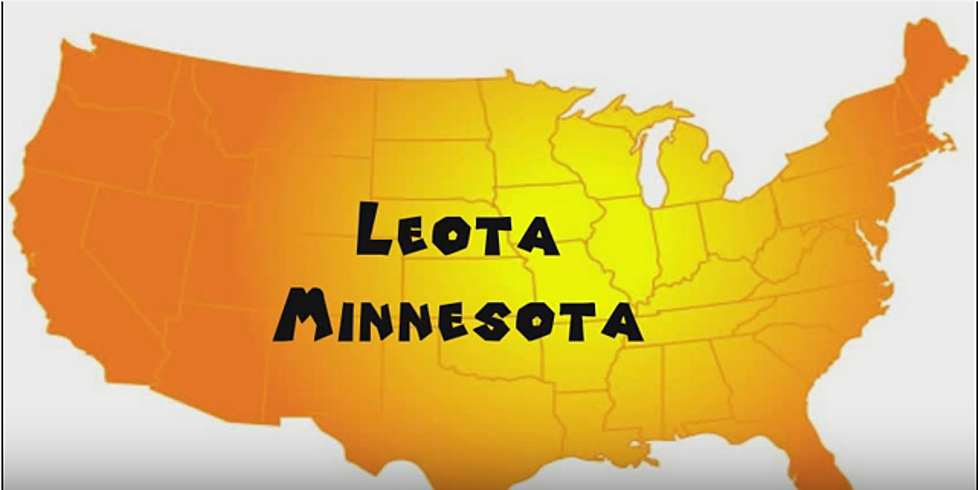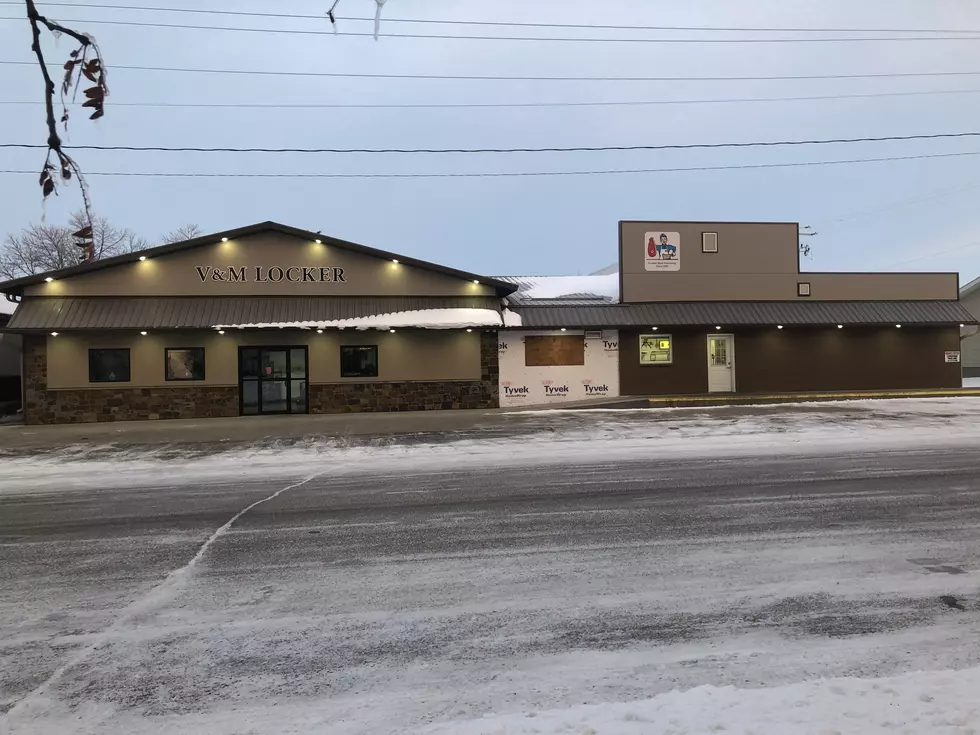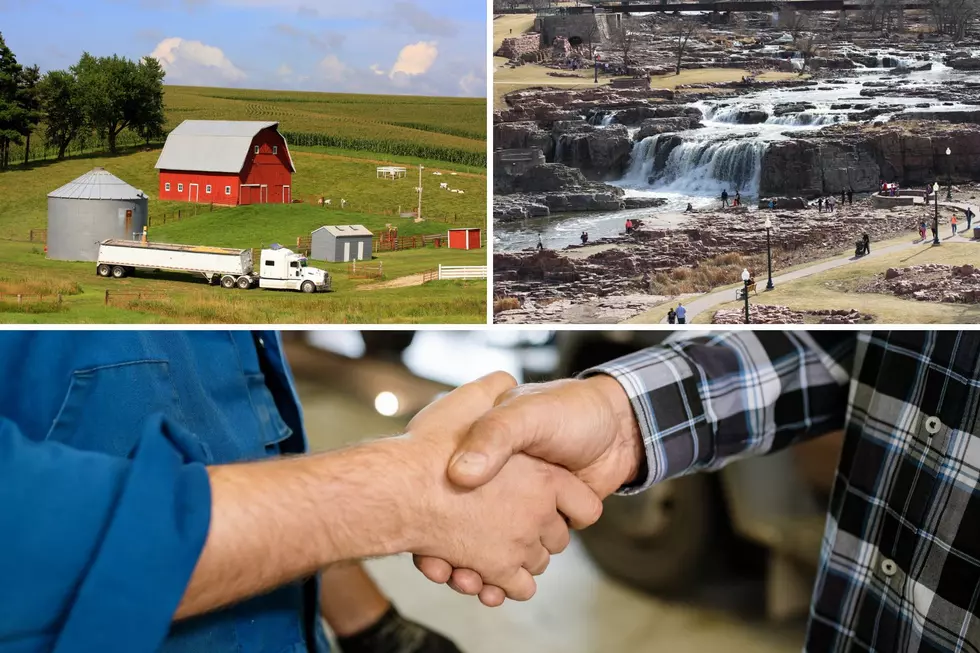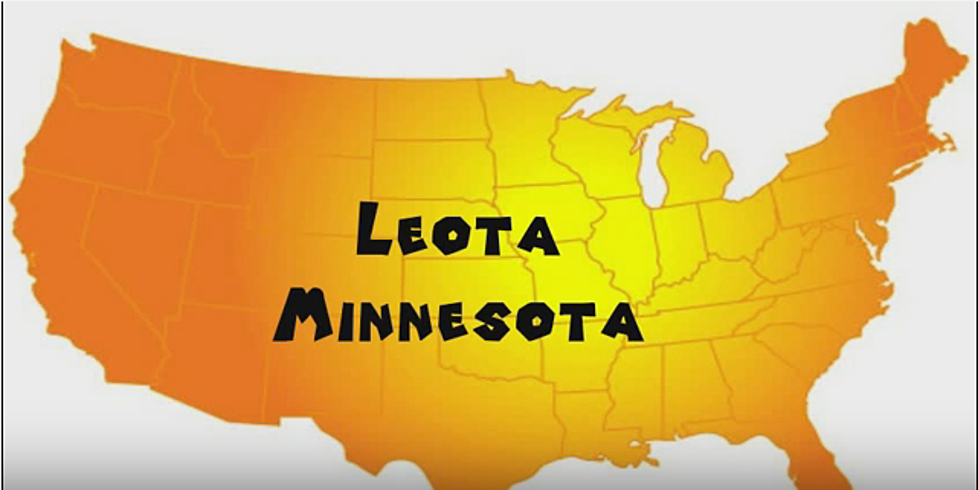
Growing Up Leota: How To Get To Know Your Dad
It was the day after Thanksgiving, 2003. I interviewed my Dad.
Oh, not an interview in the truest sense of the word, I suppose. More of a...conversation. But I did ask all the questions and he did give all the answers. I had a tape recorder (yes, my young friends, tape!) and a microphone. I got it all on tape, and now on CDs.

I guess the idea for having this 'conversation' was born the day my Mom went into the Nursing Home in Edgerton, and further grew when my Dad went into the Nursing Home too, not all that long later.
Then the idea grew to adulthood when my Grandson was born.
It suddenly occurred to me that when my Grandson Lane was 60 years old my Dad will have been born 140 years ago. To my grandson, my dad would be history.
Ancient history.
And then I thought how great it would be if I could listen to my great-grandfather talk about his life. His life, back in the Netherlands, back in Holland, back in the 'old country'. It would have been back in the 1800s, in his own voice, his own words, his own thoughts, his own emotions.
I wish.
So, I decided to grant that wish for my grandson Lane, and now for my other grandchildren, Hailey, Bennet, MacKenna, and Ayden.
I asked my dad about growing up on a farm in rural Minnesota in the 1920s and 1930s, about his parents, working, and the Great Depression. About his first job away from home and about having 8 brothers and sisters.
I ask him about the war, the great and awful World War II. I asked him a lot about the war. Fort Riley. Needles. Camp Polk.
And Europe.
I asked him about that ship that took him to England. I asked him about Normandy Beach, about Germany, and about the Battle of the Bulge. I asked him about all of that, about the bridges he helped build, and about sleeping under that truck night after night after night.
I asked him about bullets and about bombs. I asked him about buddies and about blood. About life and about death.
I asked him about all of this for Lane and for my grandchildren (at that time) yet to come.
He told me that almost all of his Army buddies were dead now. He laughed out loud when he talked about his buddy Clarence and blowing up the nitroglycerin cans. He smiled when he talked about falling asleep on guard duty and then having to gravel a gravel road with a wheelbarrow.
He didn't cry, at least not too much, when he talked about his buddy who was run over by a truck while he slept.
He didn't really talk about death in that war. At least not much. Maybe he, like almost everyone who fought in that war, had seen so much of it, that their guts were full of it and didn't need to be brought back up into the air.
And it was from that day onward my dad's legs slowed down a bit. He lost the sight of one of his eyes. He voice got weaker and he lost the lady that he was married to for nearly 60 years.
And at the age of 86, he died.
Our conversation lasted about an hour or so, sitting there in the Nursing Home in Edgerton, Minnesota, off in a corner by a little table.
And you want the honest to goodness unvarnished truth? Yep, it was a little awkward at first, interviewing this old man that I had known and loved for nearly half a century. But maybe I hadn't really known him all that well, and I learned a lot in that hour, a whole lot.
And one of the things I learned is this: I didn't do that interview for my grandson at all, and not for the grandchildren yet to come.
I learned I did that interview for me.
More From KXRB









